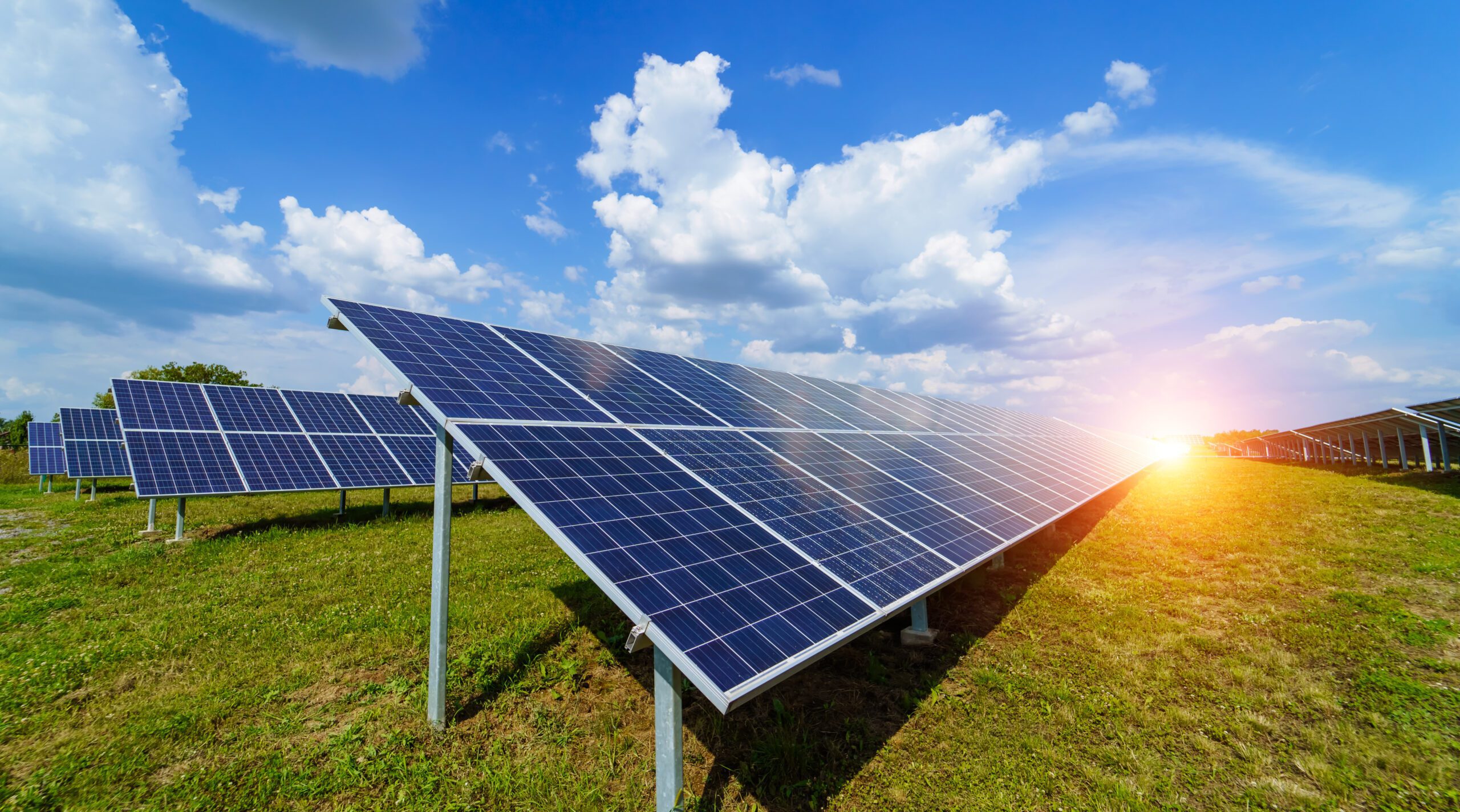Many want government legislation to help them to reduce their carbon emissions

As public concern over the impact of climate change has risen, Energy Alton decided it would be valuable to have a baseline understanding of local people’s views, to help with local action planning and to share with decision-makers in local and national government.
A short questionnaire (available on request) was developed based on previous government surveys. The survey was undertaken door-to-door by a team of 17 volunteers. The target achieved was 200 completed forms. Roads from different areas of the town, representative of Alton’s social demography, were allocated to volunteer surveyors. All replies were totally anonymous: we did not record any personal details.
The key findings are that:
- 92% of those surveyed are convinced that the world’s climate is changing: 66% very and 26% fairly convinced.
- 90% of respondents are worried about climate change: 44% very and 46% fairly worried.
- Concern about climate change is higher amongst Alton residents than the national average. The Dept. of Business, Energy and Industrial Strategy Public Attitudes Tracker published data in May 2019 that 80% of people were concerned about climate change (45% fairly concerned and 35% very concerned). See http://www.yougen.co.uk/blog-entry/3124/What+does+the+public+think+about+climate+change’3F+/
- Nearly half (45%) said that they are prepared to change their behaviour “a lot” to limit climate change; a further 44% said they were prepared to change “a little”.
- In response to the question, “Who or what is most likely to help you do more to reduce your carbon emissions?” the top choice was government legislation, the second choice was TV programmes and the third was newspapers and magazines. Social media was next on the list.
Many people said they lived relatively low-carbon lifestyles (by choice or because they could not afford to do otherwise), or were already taking action to reduce their carbon emissions. Three quarters of the sample said they were reducing energy use in the home and over half said they were reducing car usage, eating less meat and buying second hand goods or sharing goods. About half the sample never or rarely fly (national data suggests that, in any one year, over half the population take no flights; 70% of flights in/from GB are taken by 15% of people). The more affluent tend, on average, to have higher greenhouse gas emissions because they are able to purchase and consume more.
“What other factors should the government be addressing?” There were thoughtful responses to this question, suggesting frustration with government inaction, for example (amongst many issues raised):
- Great concern about the inadequacy of public transport services and the lack of alternatives to car use.
- The need for much stronger action on the reduction of single-use plastics.
- Confusion with local recycling services and wanting a uniform, easily-understood system.
- A concern about the accuracy and trustworthiness of information. TV programmes by David Attenborough were specifically mentioned as trustworthy. Social media is however often not trusted.
- People want suggestions for practical action they can take: concrete information on practical ways to reduce their carbon footprints.
Energy Alton is heartened by the great interest, concern and willingness to take personal action to reduce carbon emissions demonstrated by the respondents. Some felt that it was difficult for individual action to have an impact without concerted and consistent government policy. “It doesn’t feel like they are doing anything at the moment” was a typical comment. There is a paradox expressed by respondents – government is considered to be doing very little, but it is government that would help people to do more.
For the full report see link below. We welcome your comments – get in touch on energyalton@gmail.com

